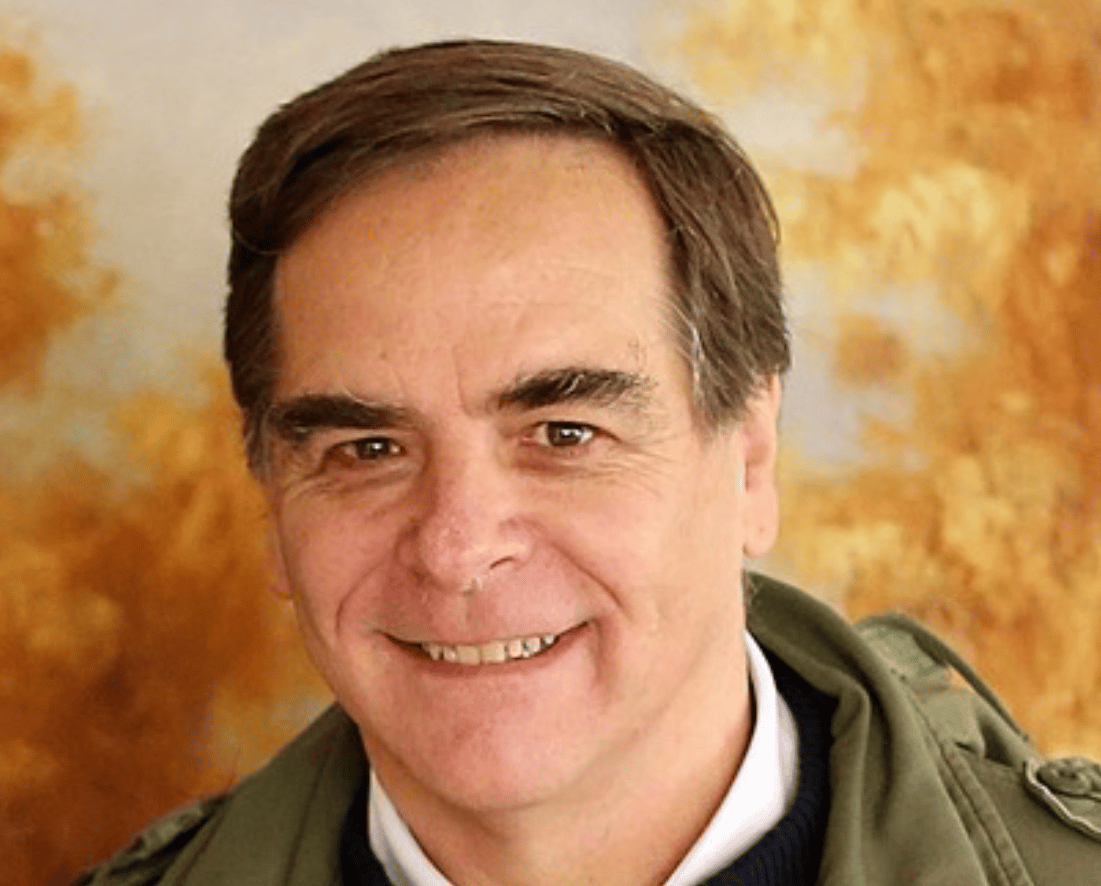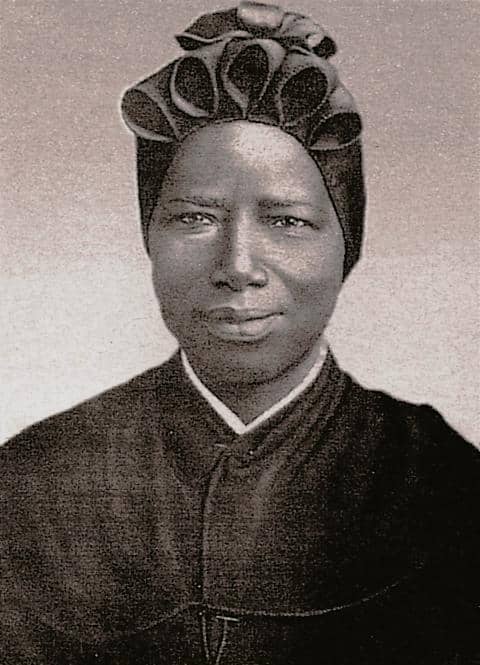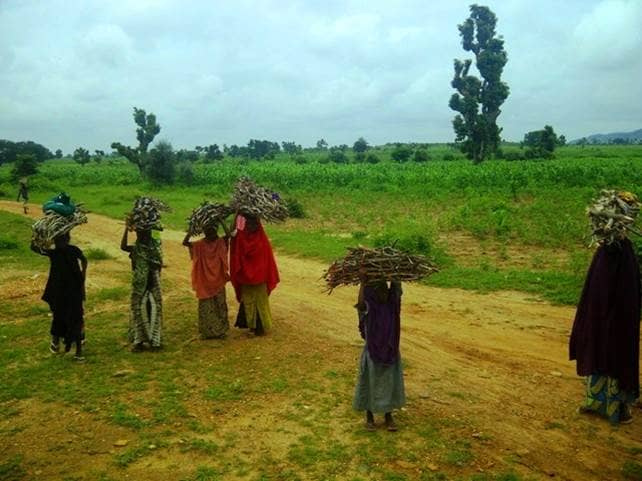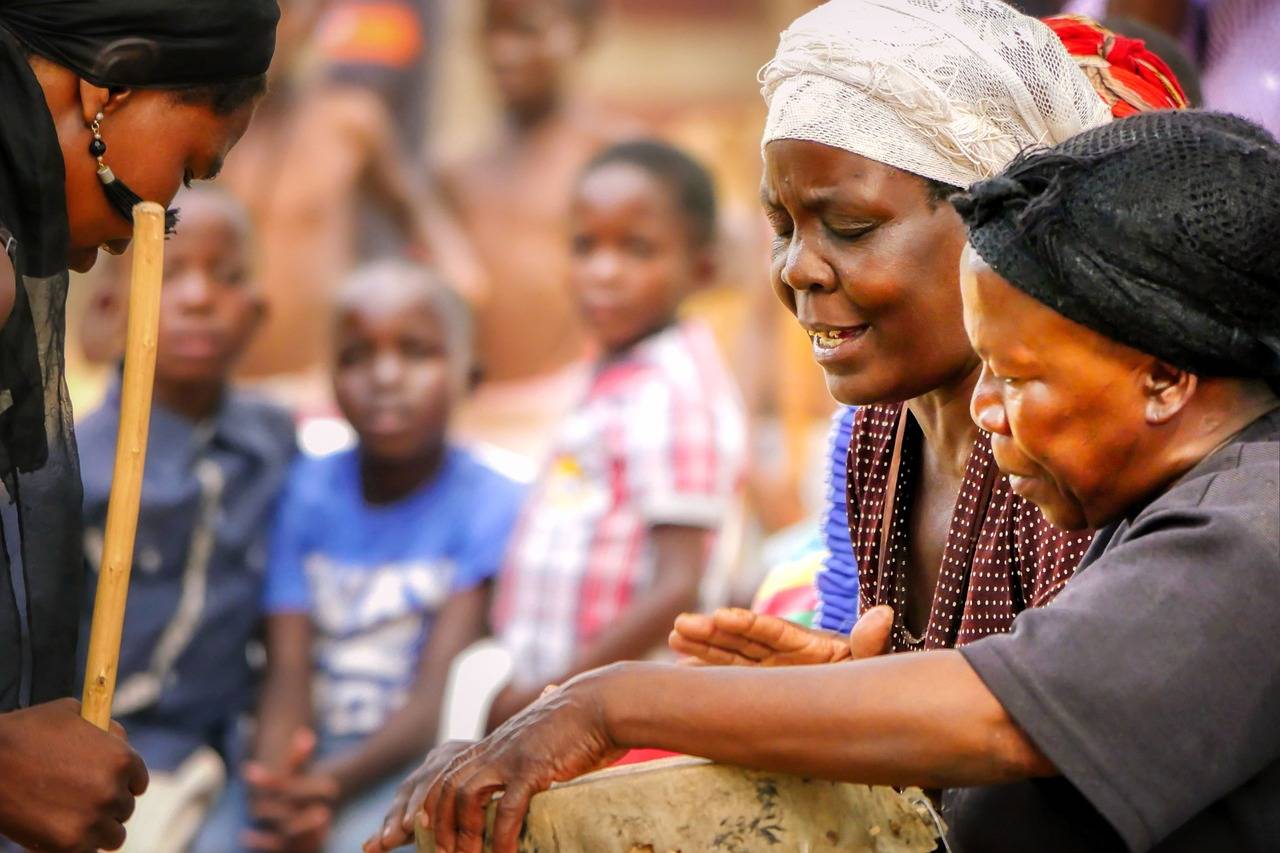YAOUNDÈ, Cameroon – One solution to Cameroon’s Anglophone separatist war could come from an unlikely source: The Catholic Bilingual School of Our Lady of Resurrection.
Embedded in the depth of the Obili neighborhood of Yaoundé, the school serving mostly orphans is working to promote bilingualism with the belief that a new generation of Cameroonians who can comfortably speak English and French could just hold the key to bridging the country’s language divide.
Around 80 percent of the country speaks French; the rest speaks English. For decades, Francophones and Anglophones lived in relative harmony.
But in 2016, Anglophone teachers and lawyers took to the streets to protest what they viewed as attempts by the predominantly Francophone administration in Yaoundé to tamper with the educational and legal systems practiced in Cameroon’s English-speaking regions.
The central government responded with a violent crackdown, and a conflict ensued, with an extremist fringe demanding independence for the country’s English speakers.
More than 4000 people have so far died and over a million have been forced to flee from their homes, with nearly 73,000 have finding refuge in neighboring Nigeria.
On Feb. 9, the orphans of Our Lady of Resurrection staged a sketch in the build-up to the 56th National Youth Day, observed on Feb. 11. The sketch underscored not only Cameroon’s language divide, but also how a mastery of the two official languages could help bridge that rift.
The sketch starts with an English speaker going job-hunting in an office managed by a French speaking Cameroonian. Neither one understands the other, and this leads to an all-out quarrel that is only brought to an end after an interpreter steps in to explain the point of misunderstanding.
“There was no ill-intention from either of you,” the interpreter told the quarrelling parties.
“You misunderstood each other because you are not bilingual,” she explained.
Gilian Limnyuy, who fled the fighting from her native Kumbo in the English-speaking North West region, said she believed if “all Cameroonians were bilingual, we would not have been suffering from the Anglophone crisis.”
Her account of attacks on her village by both the military and separatist fighters is chilling.
“One night, we were about to go to bed. Then the military attacked. They killed people. They killed my uncle and aunt. They burnt houses. We ran into the forest, but the bullets kept coming. We had to lie on the ground because if you were standing, a bullet would get you,” the 12-year-old told Crux.
Another child, a 15-year old who spoke on the condition of anonymity, recalled the day her younger brother fell into an open pit as they fled from soldiers.
“When they attacked our village, my younger brother and I as well as my parents started running,” the teenager said.
“We fell and I lost grip of him. I saw my brother stumbling into a deep pit. I wanted to go to the rescue, but the bullets were coming, and my mother pulled me away. We left my brother in the pit. I only hope someone will one day show up and say he was saved,” she said. Her brother is 7 years old.
Both the 15–year-old and Gilian are now back in school, but they had spent four years without an education due to a school boycott enforced by separatists.
“I lost four school years,” Gillian said.
Separatists started enforcing a school boycott in 2017 “as part of a perverse attempt to pressure the government for political recognition,” as Human Rights Watch described the situation.
As of December 2021, more than 700,000 children had been forced out of school. If schools tried to break the boycott, separatists would often burn then to the ground, kidnap teachers and pupils, and even stage deadly attacks on classrooms.
Gillian, like hundreds of other children, has found refuge in French-speaking regions of the country.
“Since there was so much violence and schools were shut, one of my aunts brought my sister and I to Yaoundé and that is how I find myself in this school for orphans,” Gillian said.
The coordinator of the orphanage, Sister Marie Louise Messina Nsamba, said there were several children who had come to the school as a result of the war in the Anglophone regions.
“I do have a history of love with orphans,” she said, adding she recognized the overarching importance of education for the children.
“You can’t just feed children without figuring out what the future holds for them … That is why we take their education seriously,” she told Crux.
Nsamba said the orphanage evolved into a school during the 2011-2012 school year.
It started off with just 17 children, but now has nearly 300. She said feeding and clothing the children is a major challenge, but the efforts of well-wishers and the resources the school generates through a livestock breeding program have been helping.
“I am thankful to the orphanage for giving me hope when all seemed lost,” Gilian said, noting that when she comes of age, she would like to become a teacher so she can help other kids like her.
She added she was praying that all Cameroonian schools would train bilingual Cameroonians so that in future, there would be no further wars based on what language one speaks.













